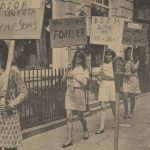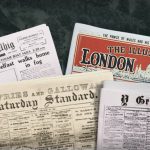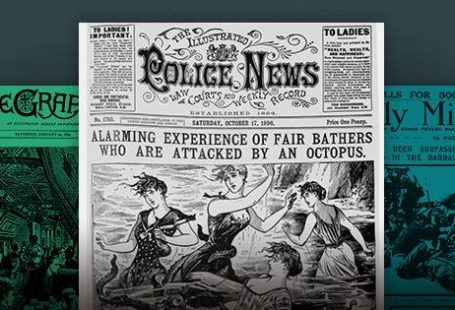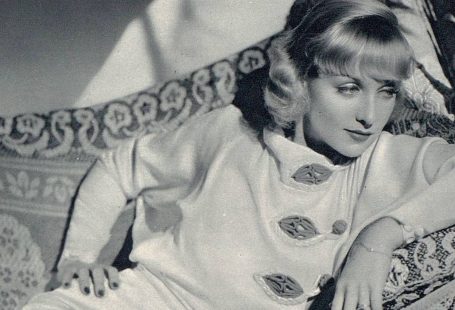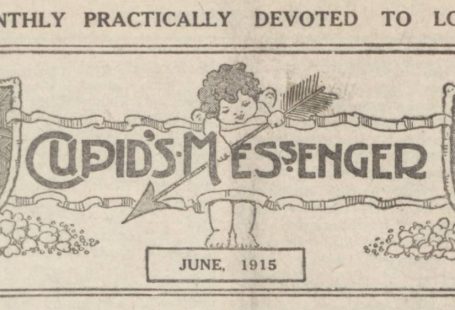At The Archive we love to hear about your discoveries from the newspapers in our collection, and how you have used them to supplement and enhance your research. In this very special blog, Antonia Sutzkever describes how she used the British Newspaper Archive to help her create her website, Migration, Memory, Memorial, which tells the remarkable story of a radical Jewish family, spanning the years 1890 to 1989.
The Migration Memory Memorial Website: The Background
In 2011, I received ten boxes of diaries, letters, postcards and photographs from a family member. The archive, which had originally been found in 1987 in the small West London flat of Leon B., turned out to be an extraordinary documentation of an impecunious Jewish family, who had journeyed from Russia to England, France and the United States in the late nineteenth and early twentieth centuries. The diaries and letters were written in four languages, Russian, Yiddish, English and French. They began in the 1890s and continued to the 1980s.
It quickly became apparent that this was no ordinary archive. While it told the story of a Jewish family through personal accounts of migration and poverty, the underlying events involved many wider and deeper themes: the complexities of love, betrayal, marriage and divorce; ancestry and the relationships between parents and children; including the tragic separation of two children, a brother and a sister.
As I began to put the diaries and letters into chronological order, and to match photographs to the people in this story, I became increasingly interested in the political and social history of the periods when the members of this family were writing. So, as I started to look online, I quickly came across the British Newspaper Archive and there discovered a treasure-trove of historical documentation, captured in a remarkable collection of newspapers, all painstakingly digitalised. Soon after that, the idea occurred to me to deploy contemporary newspaper accounts to offset and highlight the family archive, which, I thought, might give it greater depth, body, perspective and context. Working slowly through each year of the archive, I began to source newspaper articles. At that stage, I envisaged a book which would juxtapose the lives of this poverty-stricken refugee family against the backdrop of local and world events that were taking place at the time. However, COVID struck and the idea of a book became less likely.
During the early days of the first English lockdown, in March 2020, I awoke one night at 2 a.m., and realised with a start that the work I had been doing through the newspaper articles combining world events with the diaries and letters in the archive might be considerably more interesting, engaging and distinctive if it were to be assembled and published as a website. The diaries and the letters would, of course, provide the core material, just as for a book; and, equally, the website would allow a reader to engage with the story, just as if reading a book, i.e. in good old straightforward (linear, historical chronological) sequence. But a website would have an additional ingredient: it would also allow for a freer, more spatially-oriented, non-linear engagement on the part of a reader, who would be able to move between and among different time-frames with ease, speed and comfort.
I also realised that if the archive were to become a website rather than a book, this would have several further advantages. First, I wouldn’t be obliged to publish it all at once in its entirety. Instead of uploading all the letters, I would be able to do so over a period of time, in instalments. This processual approach suited me: it felt organic. Second, this approach would also allow the family’s story to unfold slowly and gradually too. Third, a website would allow researchers to access transcripts quickly, and then, if they so wished, to source the original documents from the library where the archive was to be deposited, later, on long-term loan. Fourth, and perhaps most important, a website would be more widely and immediately accessible than any book. Finally, the juxtaposition of intensely personal contents and ‘broader’ materials would itself enable the story to be perceived with a sense of richly-textured immediacy. Close-up and panoramic views would combine.
With these considerations in mind, I spoke to Eddie Bundy from the BNA. He was extremely interested and encouraging. So, thanks in large part to his approval and engagement, over a period of eighteen months, the website entitled Migration, Memory, Memorial came into being.
The first item in the archive is the diary of Abraham B, an impoverished Jewish man, born and living in Odessa. The diary begins in 1890 when Abraham is twenty-three years old. At this time, Odessa is part of Russia. Abraham hopes to become a cabinetmaker and is taken on as an apprentice. But this is hard work, with long hours, and pays poorly. He tries to earn more by selling newspapers. He has few prospects.
The situation for Jews in Russia at this time is difficult, as highlighted in many newspaper articles sourced from the British Newspaper Archive. Jews are only allowed to live in certain parts of Russia, called the ‘Pale of Settlements’. They have to abide by particularly stringent and repressive laws, specially designated for Jews. The many antisemitic laws, in turn, lead on to many pogroms and riots against Jews, during which, many Jews are killed or left homeless and destitute.

In 1891, after much soul-searching, Abraham, like many Jews in Eastern Europe at that time, decides to leave Odessa and emigrate to London. It isn’t clear in the diaries if this is because of the political situation for Jews, although there are oblique and implicit (i.e. cloaked and hidden) suggestions of political references in the diary.
Settling in London in 1891 and eventually finding work, Abraham meets Dora in 1895, probably at an anarchist meeting in East London, and in 1897 they marry. In 1901, Abraham and Dora move to Paris, together with their son, Jacques, who is now three years old. Later in the same year, their daughter, Elise, is born. The picture below shows the two children, Jacques and Elise, in 1904, before they are separated, sitting on a pavement in Paris.
From later letters, it becomes clear, that life is hard for the family in Paris, although they have a good number of friends, including Bernard and Suzanne F. Abraham and Dora are such good friends with Bernard and Suzanne that in 1907 Suzanne takes Elise on holiday. However, in 1908, Dora runs away with Bernard, taking Elise with her, but leaving Jacques with his father. In the same year Dora, Elise and Bernard sail to New York to start their new life together. As one might imagine, the family are horrified. And so, the story unfolds over the decades, following the lives of Dora and Elise, Abraham and Jacques, and other members of the family and family friends.
From the links to contemporary newspaper articles, one further aspect of the archive becomes immediately clear. And this, I believe, is one of profound relevance and importance in our own day. For the archive can scarcely avoid suggesting a strong connection between the difficult and sometimes tragic lives of real people, glimpsed – and sometimes seen in poignant depth and detail – many years ago, and the fraught and frightening experiences of modern-day refugees. The story this archive tells, therefore, is in no way confineable to mere ‘historical’ issues connected, for example, with Jewish migration from the end of the nineteenth century into the twentieth. Rather, the archive presents a particular version of the story of movements of people who – by taking on necessary risks, danger, uprooting, hard work and suffering – seek hope and a safer life in other, more accepting countries, than the one in which they were born.
Broadening the scope of the archive by setting the personal events against the backdrop of contemporary newspaper articles, would not have been possible without the kind agreement of the British Newspaper Archive. I am immensely grateful for their help in bringing this project to fruition.
And we are grateful to Antonia Sutzkever for sharing these incredible stories with us, and for her insights into using The Archive.
You can begin your own research into the stories of the past on the British Newspaper Archive here.



